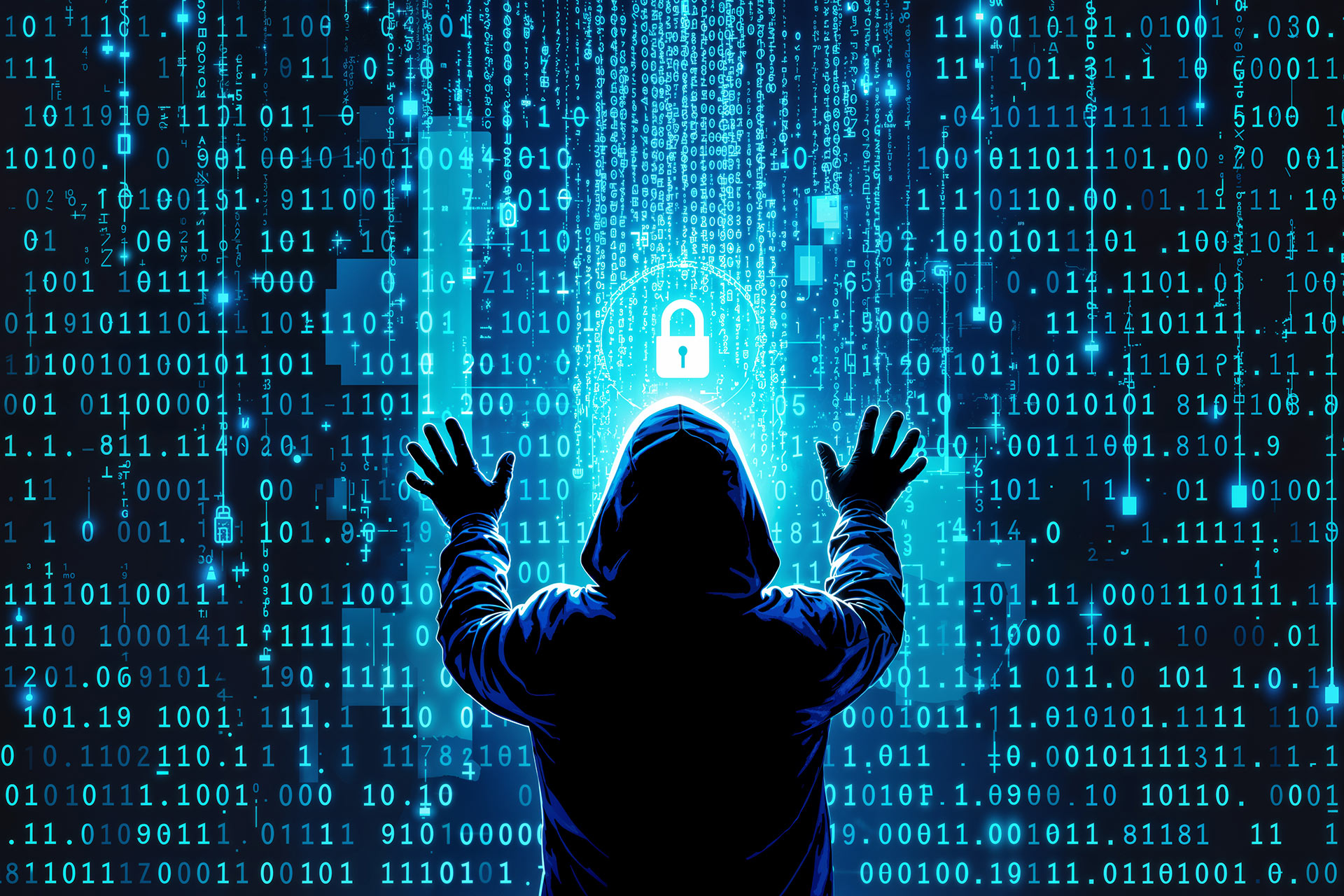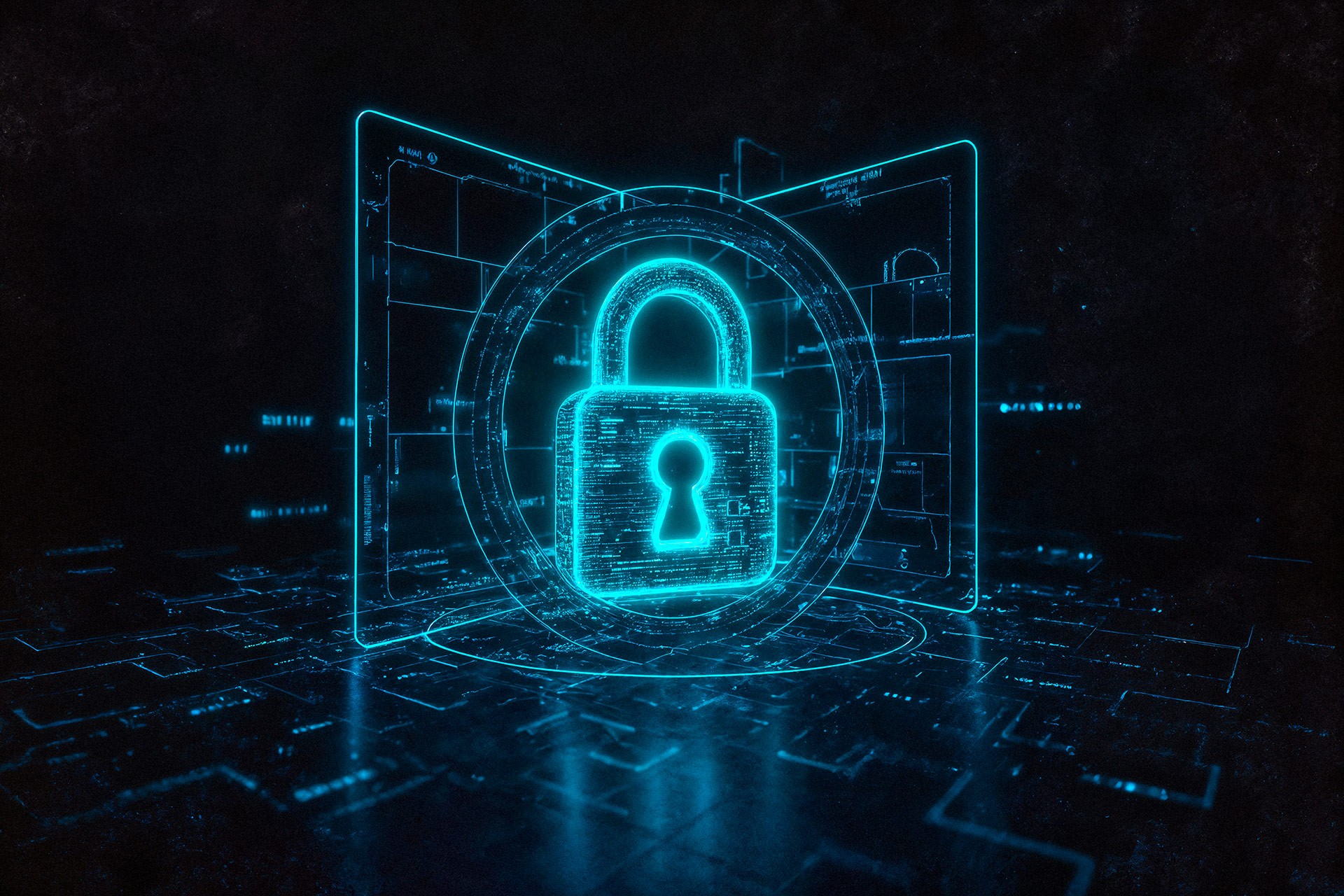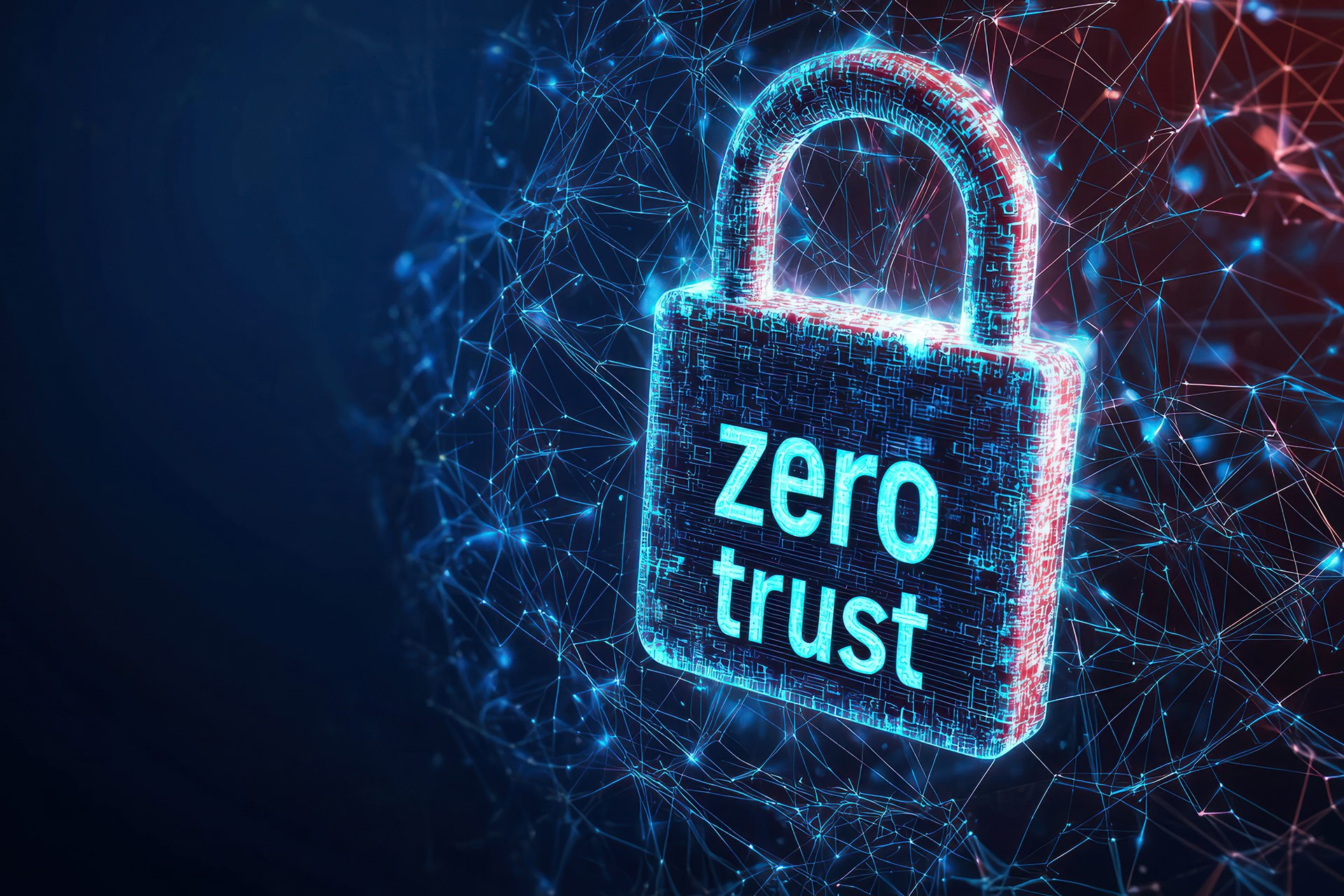-
Types of Data Masking and the Expanding Market
Data masking is also a critical practice for ensuring legal compliance, protecting corporate reputation, and maintaining customer trust....
-
The Undecipherable Code of the Future: Quantum Crypto...
The Undecipherable Code of the Future: Quantum Cryptography...
-
To Trust or Not to Trust: Zero Trust Security
What are the chances that a term like “never trust” or “always verify” brings to mind a concept from the field of information technology?...
The Undecipherable Code of the Future: Quantum Cryptography
WHAT IS QUANTUM CRYPTOGRAPHY?
Quantum cryptography, or quantum encryption, is a cybersecurity method used to encrypt and transmit data in accordance with the natural principles of quantum mechanics.
What Is the Purpose of Quantum Cryptography?
Quantum cryptography refers to cryptographic algorithms believed to be secure against attacks carried out by a quantum computer. Its goal is to design and implement secure, sensitive cryptographic systems that remain robust even if cyber attackers possess quantum computing capabilities.
Today, even highly sensitive data can be easily broken by quantum computers. In this sense, quantum cryptography plays a critical role in the framework of data protection.
Why Quantum Cryptography Against Cyber Attacks?
Until now, traditional data encryption methods have provided “adequate” protection against a variety of evolving cyberattacks. As cyberattack techniques advance, cybersecurity measures also evolve — and as these defenses improve, attacks in turn become more sophisticated. This has created two massive sectors constantly triggering each other in an action–reaction cycle.
Describing the next cyberattack and the defense against it as “predictable” wouldn’t be far from the truth. But what would cyber attackers do when faced with a completely unpredictable, uncontrollable, and unobservable encryption method?
One of the fundamental principles of quantum physics is uncertainty. Quantum cryptography uses quantum devices — such as sensors capable of detecting individual light particles (photons) — to protect data from hostile attacks.
Quantum mechanics operates with two fundamental concepts: superposition and entanglement.
- In superposition, particles in the quantum world — such as atoms, electrons, and photons — can exist in two or more energy states simultaneously.
- Quantum information, such as data encoded in two entangled photons, can never be copied or cloned. If there is any attempt to observe or record this information, the act itself destroys the quantum state.
For this reason, quantum cryptography is inherently unbreakable.

Why Is Quantum Cryptography Difficult to Implement?
Practical application of quantum cryptography is highly complex and comes with several challenges:
- Polarization and error rates – Photons used in data transmission may change during polarization, causing data fluctuations that increase error rates and affect communication reliability.
- Distance limitations – Quantum cryptography processes are typically limited to a range of about 400–500 km. Communication beyond this distance may not be possible without additional equipment and infrastructure.
- Infrastructure costs – The cost of implementing quantum cryptography is significant. It requires specialized infrastructure materials, including fiber optic lines and quantum repeaters. Beyond installation, ongoing maintenance leads to substantial infrastructure expenses.
Quantum cryptography is a revolutionary method for countering the cybersecurity threats of the future. Considering that classical encryption methods will likely prove vulnerable to quantum computers, investment in this technology becomes increasingly critical. However, quantum technologies themselves could also be exploited by malicious actors. Therefore, being prepared for the quantum era — from both defensive and offensive perspectives — is of paramount importance.




